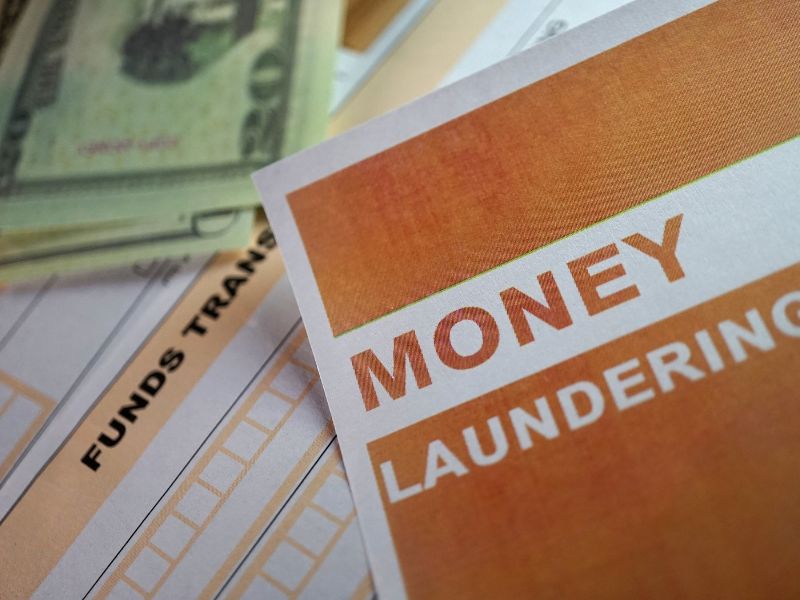
Small businesses can often be the target of money laundering schemes as criminals assume that these particular types of businesses lack the knowledge needed to protect themselves. If you own a small business then you’ve more than likely come across so-called ‘business opportunities’ before where you’re offered a deal that seems too good to be true – that’s because it probably is.
Money launders will target small and struggling businesses, proposing attractive and lucrative business opportunities, and before you know it you’ll be caught up in a big web of criminal activity.
Don’t be afraid to ask questions
Asking lots of questions is the first step in filtering out the money launderers from genuine business entrepreneurs. When someone proposes a new business opportunity you’re bound to have hundreds of questions, so don’t be afraid to ask them. Authentic business owners will be happy to answer your long list of questions, whilst money launderers tend to reply with vague answers.
You will need to take matters into your own hands and put on your ‘investigative hat’, so to speak. Research the company or organization the individual claims to be from, ask why they’ve chosen to invest in your business specifically, and if something doesn’t seem to add up, then you should cut communication and quit while you’re ahead.
Take time to learn about money laundering schemes
Criminals are clever and they understand that people become familiar with the behaviors and patterns of money launderers, and they will therefore constantly develop new tactics. So the more you know about money laundering, the less likely you are to be fooled by alleged ‘business entrepreneurs’.
It’s as simple as browsing the internet and engaging in chat forums where others share their experiences with cons artists. You should also share all the information you collect with your employees as it could save them from falling into the same trap.
Research all parties involved
It is important that you thoroughly investigate all parties involved with any financial transactions you plan to engage with. It’s simple and easy to conduct a background check on clients, partners, and investors.
All you need to do is get in touch with the trading standards authority or your local government’s office and check how a partner or client’s company is registered. The appropriate authorities may even be able to tell you whether complaints have been made about the company in question prior to your investigation.
Alternatively, you can harness the power of the internet and research companies and organizations online.
Keep your business affairs private
Another great way of keeping your small business out of harm’s way is to avoid sharing any financial details with anyone that you do not completely and utterly trust. You should also regularly change and update passwords, ensuring that only those who require the passwords have access to them and no one else. The final measure you could take to protect your business against money laundering is to employ different types of security technology that restrict access to sensitive information.
Criminals will continue to target small businesses and to avoid falling victim to money laundering schemes, you should be proactive and vigilant when it comes to any business opportunities and remember to always report suspicious activity to the authorities.
Author: Matthew Lawson
Matthew Lawson Barrister